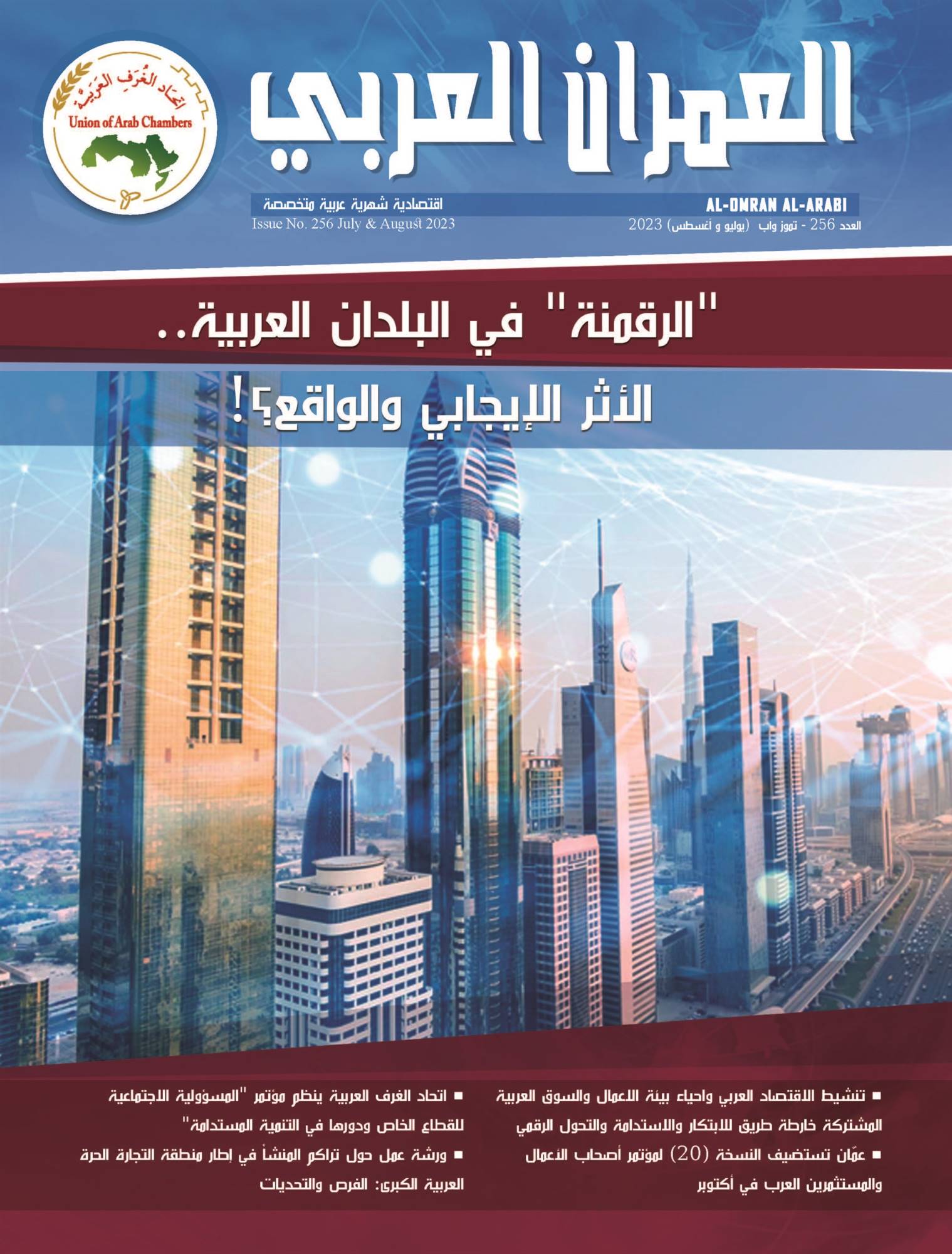
Saudi Arabia, Egypt and the UAE join BRICS in the new global balances?!
Important questions were raised by the process of expanding the BRICS base after the acceptance of 6 countries, including three Arab countries, which is expected to have important repercussions on the Middle East.
South African President Cyril Ramaphosa announced that the BRICS had taken the decision to invite Egypt, Saudi Arabia, the UAE, Iran, Ethiopia, and Argentina to become members of the group.
What does it mean for Saudi Arabia, Egypt, and the UAE to join the BRICS? Opinions indicate that the accession of Egypt, Saudi Arabia, and the UAE reflects positively to a large extent at the national level of the three countries, and on the Middle East as a whole, given the balances achieved by the group. In addition, reducing the hegemony of the unipolar and the dollar and diversifying partnerships will contribute to advancing the development processes in the region quickly, and achieve the real development of the countries of the region.
In light of the attempts through which the West can seek to disrupt the development path to maintain its hegemony and control, it remains that the three Arab countries represent the main "pillars of the region", which means the inevitability of consolidating the economic and political balance as well, towards multipolarity, and ending the idea of unipolarity.
Although the BRICS group at its last meeting held in South Africa did not reach an agreement on the subject of "currency", due to the contradiction and divergence of opinions on this subject, which was explicitly expressed by Russian President Vladimir Putin, who said: "The issue of the single currency of the BRICS group is very difficult, but we will move in this direction to solve these problems in one way or another". However, experts agree that one currency benefits countries in the world. The region of the Middle East, in terms of supporting development and implementing important projects, after it has remained hostage to Western hegemony and the imposition of certain economic policies that prevent the growth that the peoples of the region deserve, and which is possible according to the capabilities of countries. Noting that the GDP of the BRICS countries is estimated at $ 25.92 trillion, or 25.77 percent of the global output ($ 100.56 trillion) in 2022, as China comes with the highest output estimated at $ 17.96 trillion, followed by India with an output equivalent to $ 3.39 trillion, then Russia with an estimated output of $ 2.24 trillion, then Brazil's output comes with about $ 1.92 trillion, and finally South Africa's output estimated at $ 405.87 billion.
Thus, the accession of the six countries with an estimated GDP equivalent to $ 3.24 trillion (Egypt $ 476 billion, the UAE $ 507 billion, Saudi Arabia $ 1.1 trillion, Argentina $ 632 billion, and Iran and Ethiopia $ 388 billion and $ 126 billion respectively) by 3.2 percent of the global product, will increase the size of the GDP of the countries of the group.
After the accession of the new countries, the output of the bloc countries will be about $ 29.15 trillion, an estimated 28.99 percent of global output, according to World Bank data for 2022. The addition of new members thus increases the economic weight of the group in terms of resources and purchasing power (a 13 percent increase in gold reserves and a 15.6 percent increase in population).
Hence, the accession of Egypt, Saudi Arabia, and the UAE to the group will have repercussions on the Middle East, as the goal of establishing economic blocs, whether geographically close or politically understanding is to enhance trade exchange, increase the volume of investments and facilitate the movement of labor and tourism between the countries of the bloc. The Middle East is linked with the BRICS countries with strong relations, including, for example, the Middle East's imports from China are $ 213.339 billion, representing 18.35 percent of its total imports, while its exports are estimated to China $263.38 billion, nearly 17 percent of its exports to the world.
Joining the bloc will facilitate access to financing from its financing institutions such as the New Development Bank (NDB) and the Asian Infrastructure Investment Bank (AIIB)., which could reduce the dollar's dominance and dependence on it in global trade and as a reserve currency in the long run, supporting the formation of a multipolar international order.
